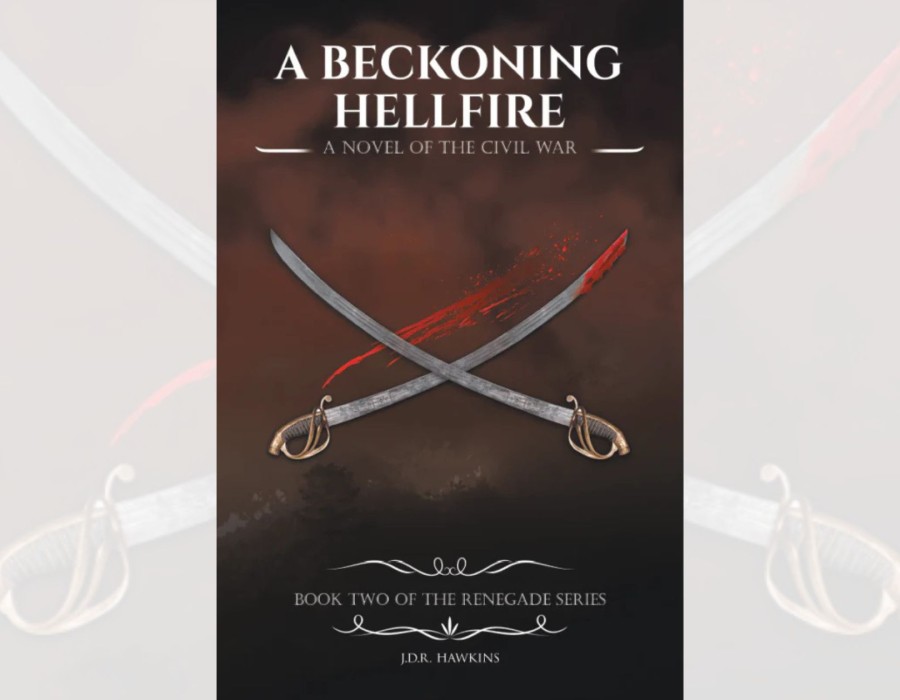Civil War historical fiction has come a long way. What started as romanticized accounts of gallant soldiers and noble causes has transformed into a genre that questions, challenges, and broadens our understanding of a defining moment in American history. The shift in storytelling style and social awareness over the decades is hard to miss—and fascinating to explore.
Early Takes: Heroism and Lost Causes
Back in the early 20th century, many Civil War novels leaned hard on sentimentality. Authors often painted battles with a sense of glory and old-school patriotism. Characters were typically white, male, and driven by honor or duty. These stories weren’t so much about questioning the war as they were about preserving certain ideals—especially those tied to Southern heritage.
Books like Gone with the Wind fall squarely in this category. They’re sweeping, emotional, and packed with drama, but they tend to gloss over the darker parts of the past. Enslaved people were often shown as loyal or passive, while the Confederacy was portrayed with a sense of nostalgic pride. For many, these stories represented the best Civil War historical fiction available at the time. But today, they also serve as a snapshot of how much perspective has changed.
Mid-Century Shifts: Complexity Begins to Creep In
By the mid-1900s, things started to change. Writers began digging deeper into the personal toll of war. While some stories still carried romantic elements, there was more attention paid to the psychological cost of battle. The genre started reflecting a broader mix of voices, though not many tackled the enslaved experience directly.
This era also saw more Northern perspectives emerge. Union soldiers weren’t just background characters anymore—they had agency and inner conflict. The writing style also became more grounded. Instead of flowery prose, authors aimed for realism and grit. These changes signaled the beginning of a more balanced—and honest—approach.
Contemporary Fiction: Truth in All Its Messiness
Fast-forward to the last two decades, and Civil War historical fiction has become something else entirely. Today’s authors aren’t afraid to tell the hard truths. They write about racial injustice, trauma, and the broken promises of Reconstruction. The best Civil War historical fiction today digs into the lives of women, Black Americans, immigrants, and others who were often pushed to the background in earlier stories.
Writers like J.D.R. Hawkins are helping redefine the genre. Her Renegade Series, for example, brings a Southern soldier’s story to life but doesn’t shy away from internal conflict and shifting loyalties. Rather than romanticizing war, Hawkins shows the emotional fallout, the divided families, and the sense of loss that lingers long after the fighting ends.
Other contemporary authors also prioritize research and authenticity. They go beyond well-known battles and focus on lesser-known stories—Union nurses, freedmen communities, or children caught in the chaos. Dialogue sounds more natural, characters are more diverse, and the moral lines are often blurred. In many ways, these stories reflect modern values: complexity, empathy, and a hunger for truth.
Changing Themes and Cultural Reflection
What’s really driving the evolution? A shift in how society views the Civil War itself. For decades, the "Lost Cause" myth clouded public understanding, making it harder to see the conflict through a wider lens. But as education has improved and historians have worked to uncover suppressed truths, fiction has followed suit.
Now, the best Civil War historical fiction doesn’t just entertain—it challenges readers. It asks: What were people really fighting for? What did freedom look like for those who finally had it? And how do the echoes of that war still shape the U.S. today?
Looking Ahead: What’s Next for the Genre?
As more writers bring fresh voices to the table, the genre will keep expanding. We’ll likely see even more stories focused on underrepresented groups, including Indigenous people, abolitionists, and immigrants. There’s also growing interest in how the war shaped post-war America, opening the door for novels set during Reconstruction or even decades later.
Technology is also changing the game. Audiobooks, podcasts, and historical fiction apps are drawing younger readers in, and many authors are embracing these platforms to tell their stories in new ways.
Summary
Civil War fiction isn’t stuck in the past—it’s evolving with us. From the glorified tales of the early 1900s to today’s emotionally raw narratives, the genre has matured into something richer and more honest. The best Civil War historical fiction doesn’t just show us what happened—it helps us feel it. And that’s what keeps readers coming back for more.





Comments